READ ALSO: Week Days in Swahili
Swahili Clothing/Swahili Dress Code for Ladies/Swahili Dressing
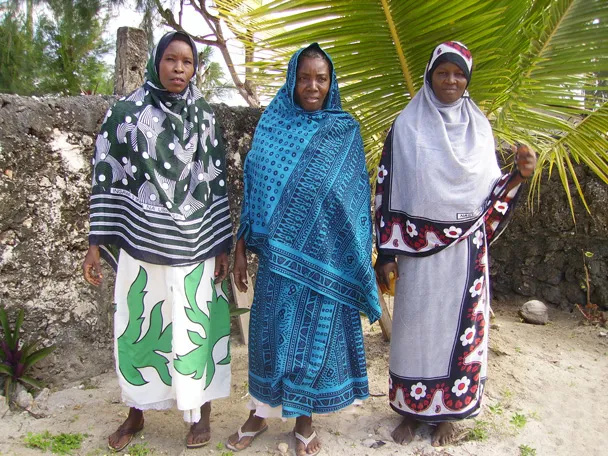
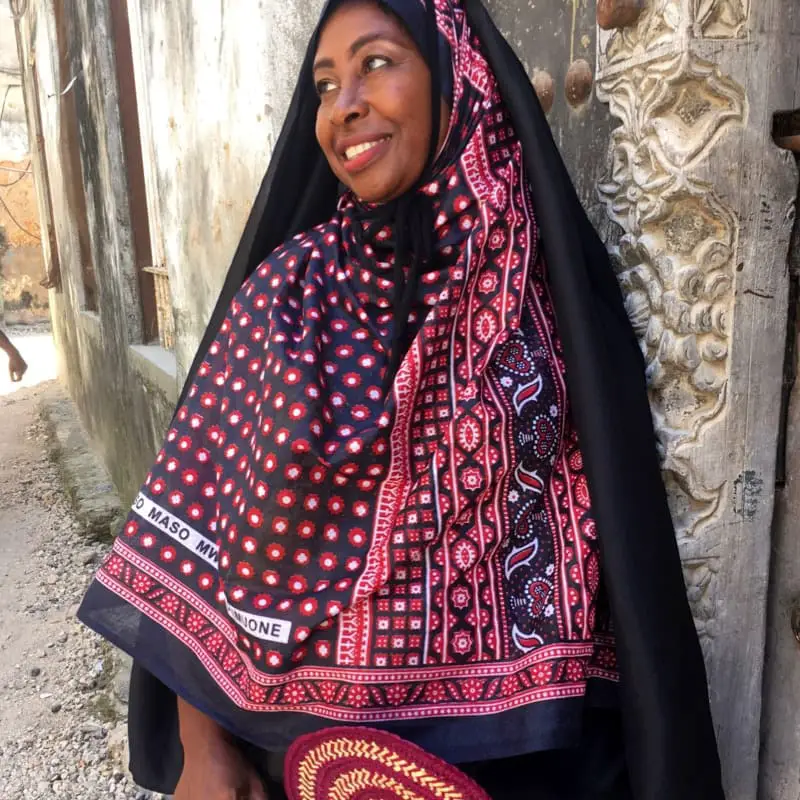
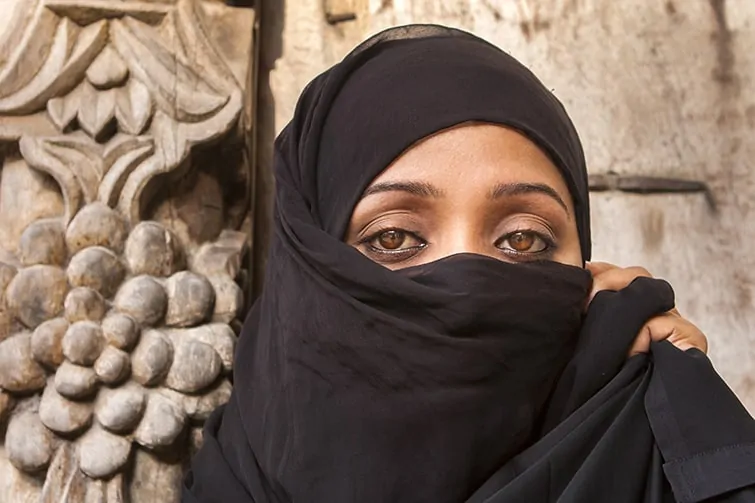
READ ALSO: Swahili Architecture & Design Style
Table of Contents
Swahili Dress Code for Men/Swahili Culture Dressing for Men/Swahili Men Attire
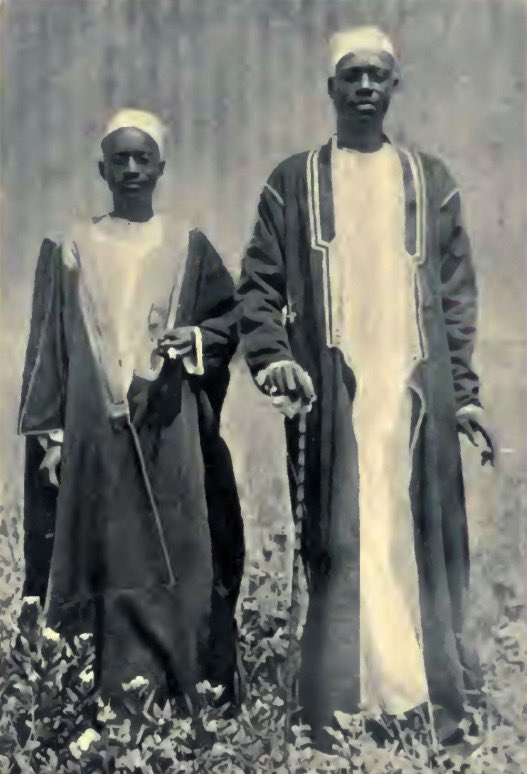
Swahili dress code for men is deeply rooted in the culture and traditions of the Swahili people, who inhabit the coastal regions of East Africa, including Tanzania, Kenya, and Mozambique.
The dress code typically emphasizes modesty and reflects a blend of African, Arab, and Persian influences due to the historical interactions through trade and migration.
Here are some key elements of Swahili dress code for men:
- Kanzu:
- The kanzu is a long, white or cream-colored robe that is a staple of Swahili men’s attire. It is similar to the Arab thobe or dishdasha. The kanzu is often worn for formal occasions, religious ceremonies, and daily wear by many Swahili men.
- Kofia:
- The kofia is a rounded, brimless hat, often embroidered with intricate patterns. It is commonly worn with the kanzu and is a significant part of the traditional Swahili attire, especially during religious and formal events.
- Buibui:
- Although more common among Swahili women, men sometimes wear a buibui, which is a loose overcoat, especially during cooler weather or for additional modesty.
- Kitenge:
- Kitenge is a colorful fabric that is often used to make shirts, trousers, and other garments. While it is more popular among women, men also wear kitenge outfits, particularly during special occasions like weddings and cultural celebrations.
- Sandals:
- Open-toed sandals made from leather or other materials are commonly worn by Swahili men. These are practical for the coastal climate and are often adorned with simple decorations.
- Accessories:
- Men might also wear simple accessories like beads or bracelets, but these are usually minimal compared to women’s jewelry.
The Swahili dress code emphasizes neatness and simplicity, with a focus on clean, well-maintained garments.
It is also important to note that the Swahili culture is predominantly Muslim, so the dress code often aligns with Islamic principles of modesty.
READ ALSO: Crafting Perfect Ashley Banks Outfits in 2024
Outfit in Swahili/Outfits in Swahili
An ‘outfit’ is not a concept that I have ever encountered in Swahili.
To speak of an outfit, you speak of mavazi, attire, and then maybe specify more about what special attire is being referred to.
READ ALSO: 6 Popular Type of Clothing Styles
Clothes in Swahili
Clothes in Swahili is simply mavazi or nguo.
Swahili Food
Swahili cuisine, also known as East African Coastal cuisine, refers to the culinary traditions of the Swahili people, who are primarily found along the eastern coast of Africa, including countries like Kenya, Tanzania, Uganda, Mozambique, and Somalia.
Swahili cuisine is influenced by a blend of indigenous African, Arab, Persian, Indian, and European culinary traditions due to the region’s history of trade and cultural exchange.
Here are some key features of Swahili food:
- Coconut (nazi in Swahili): Coconut is a central ingredient in many Swahili dishes. Coconut milk, coconut oil, and grated coconut are commonly used in cooking, lending a rich, creamy flavor to various dishes.
- Spices: Swahili cuisine is renowned for its use of spices, which are often a blend of flavors including cardamom, cinnamon, cloves, cumin, coriander, turmeric, and chili peppers. These spices add depth and complexity to dishes.
- Seafood: Given its coastal location, seafood plays a prominent role in Swahili cuisine. Fish, prawns, crabs, lobsters, octopus, and squid are commonly enjoyed in various preparations, such as grilled, stewed, or fried.
- Pilau: Pilau is a fragrant rice dish cooked with spices, often including cloves, cinnamon, cardamom, and cumin. It may also contain meat, such as chicken, beef, or goat, and is typically served during special occasions and festivities.
- Ugali: Ugali is a staple food in many parts of East Africa, including among the Swahili people. It is a thick, starchy porridge made from maize flour (cornmeal) cooked with water to a dough-like consistency. Ugali is often served as an accompaniment to stews, vegetables, or grilled meats.
- Biryani: Biryani, a rice dish cooked with spices, meat (such as chicken, beef, or goat), and sometimes vegetables, is also popular in Swahili cuisine. It reflects the influence of Indian culinary traditions on the region.
- Chapati: Chapati is a type of unleavened flatbread that is widely consumed in East Africa, including among the Swahili people. It is made from wheat flour, water, and salt, then rolled out thinly and cooked on a hot griddle or skillet.
- Mishkaki: Mishkaki refers to skewered and grilled meats, often marinated in a spicy sauce before grilling. It’s a popular street food in East Africa and is enjoyed as a snack or part of a meal.
- Samosas: Samosas are savory pastries filled with spiced meat (such as beef, chicken, or goat), vegetables, or lentils. They are often triangular in shape and deep-fried until golden brown. Samosas are a common snack or appetizer in Swahili cuisine.
Overall, Swahili cuisine offers a rich tapestry of flavors, blending indigenous African ingredients with influences from diverse cultures, resulting in a vibrant and varied culinary tradition.
Clothing in Swahili
Here are some common types of clothing and their translations in Swahili:
- Shirt – Shati
- Trousers/Pants – Suruali
- Dress – Nguo/Gauni
- Skirt – Sketi
- Blouse – Blauzi
- Jacket – Jaketi
- Coat – Koti
- Sweater – Sweta
- Socks – Soksi
- Shoes – Viatu
- Sandals – ndara; makubadhi, kandambili, malapa
- Hat – Kofia
- Scarf – skafu, shali
- Gloves – glavu
- Underwear – nguo za ndani (to mean ‘inner wear’ in general) or chupi (for the single item) – commonly used for both men and women)
These are basic clothing items, and their translations might vary slightly depending on the regional dialects within the Swahili-speaking regions.
Costume in Swahili
Like ‘outfit’, ‘costume’ is not a concept often encountered in Kiswahili, so to experess the concept you would have to explain it.
For instance, you might use the phrase mavazi maalum which means ‘special clothing’ and then describe what the purpose of the special clothing is or what makes it special.
READ ALSO: Nice Dresses 2023: What to Look for When You Are Searching for the Perfect Dress for You
Dress in Swahili Is Called/Dress in Kiswahili Is Called
Dress in Swahili is simply nguo. Nguo can sometimes be a generic term for clothing/attire, though, so context is important.
If you would like to speak specifically of a long dress that is a bit dress-up, then the word to use is gauni (from the English word ‘gown’).
READ ALSO: Fashion in Swahili
Attire in Swahili
The Swahili word for attire is mavazi, i.e., the way someone is dressed.
Dress Code in Swahili
Dress code in Swahili is kanuni ya mavazi.
The Swahili word kanuni translates to ‘rule, regulation, doctrine, or norm’.
If there is more than one rule or regulation governing how one dresses, or you are talking about more than one dress code, this phrase can be made plural and then becomes kanuni za mavazi.
READ ALSO: Semi Formal Dress for Women
Style in Swahili/Style in Kiswahili
Style in Swahili is mtindo, as in what style of dress do you want to make out of this fabric?
If you would like to say that someone has style, you would have to say that they dress well, i.e., so-and-so anavaa vizuri.
READ ALSO: Witch Dresses: A Fashion Statement with a Historical Twist
Swahili Fashion Week Photos (Swahili Dresses)
Swahili Fashion Week MC: Abby Plaatjes

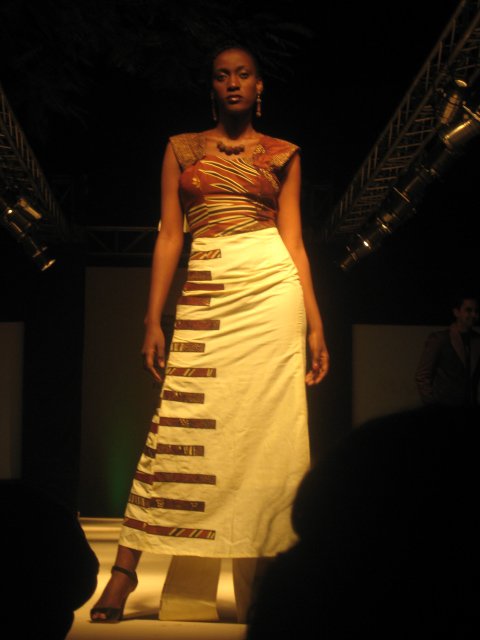
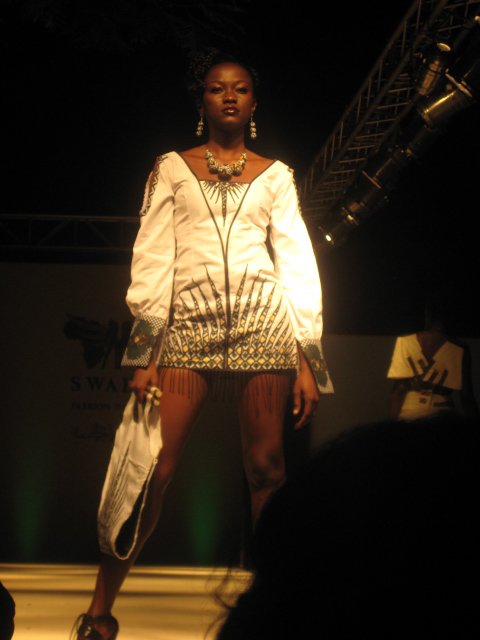
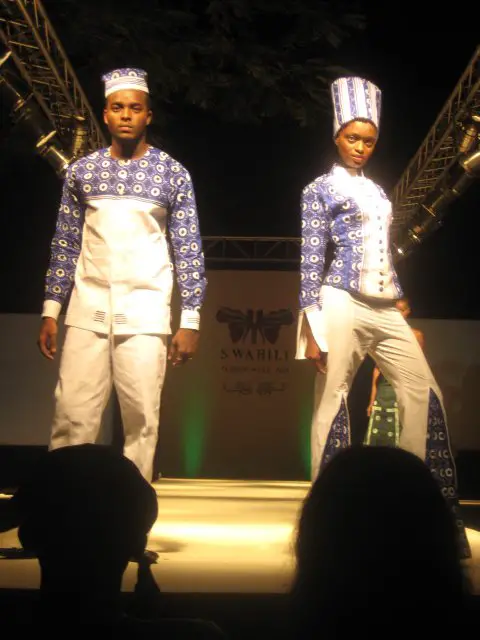
READ ALSO: Heavy Stubble Beard & Other Ways to Sport a Beard in 2025
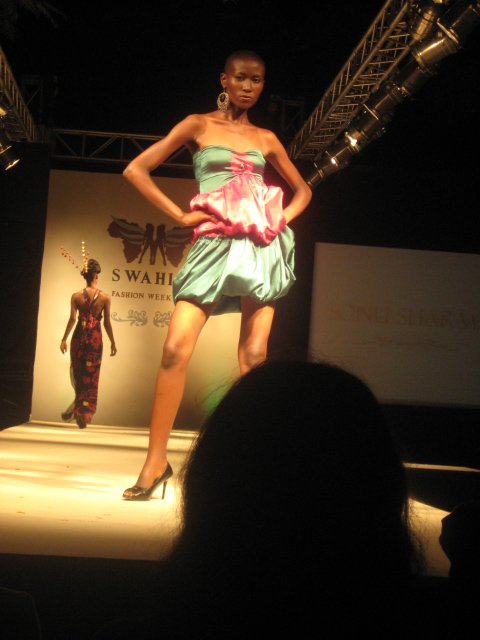
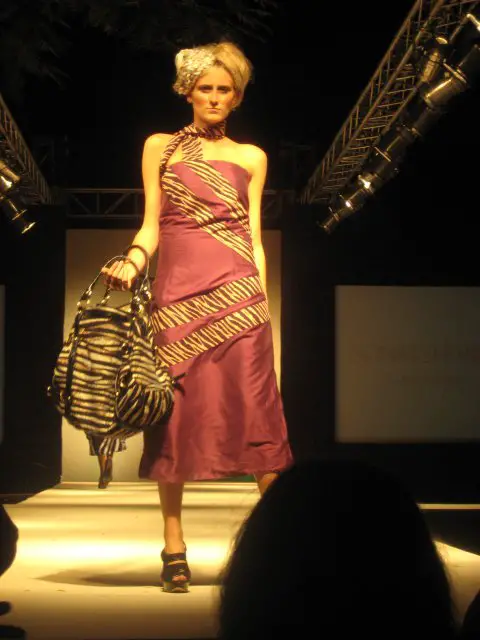

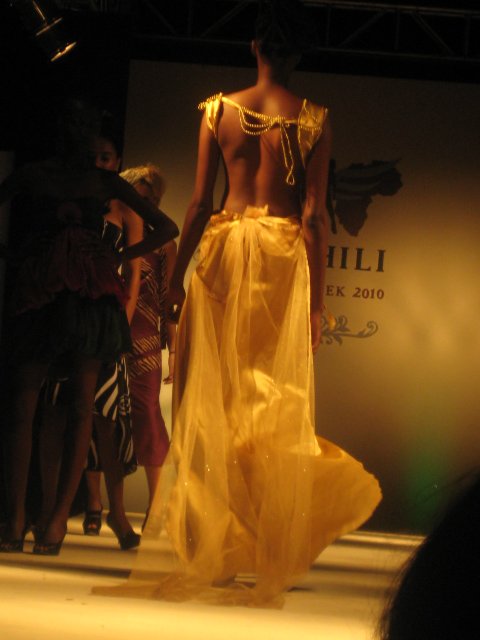

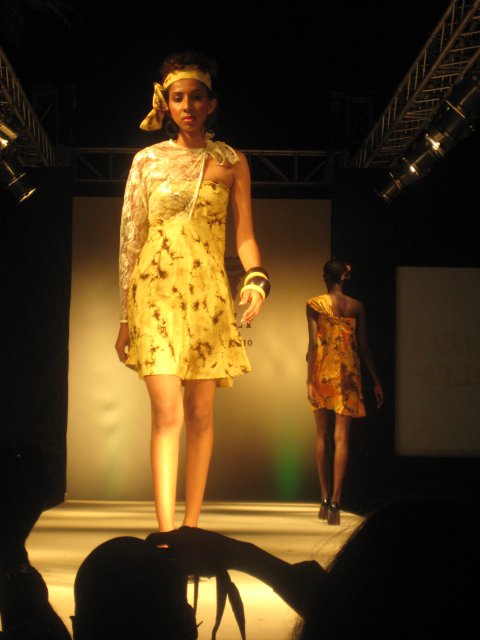
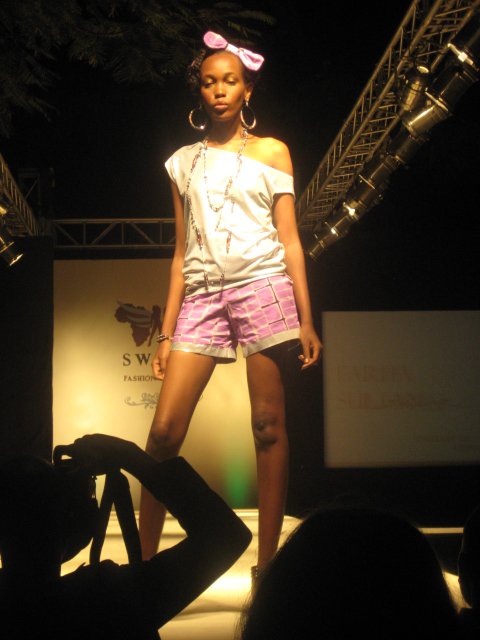
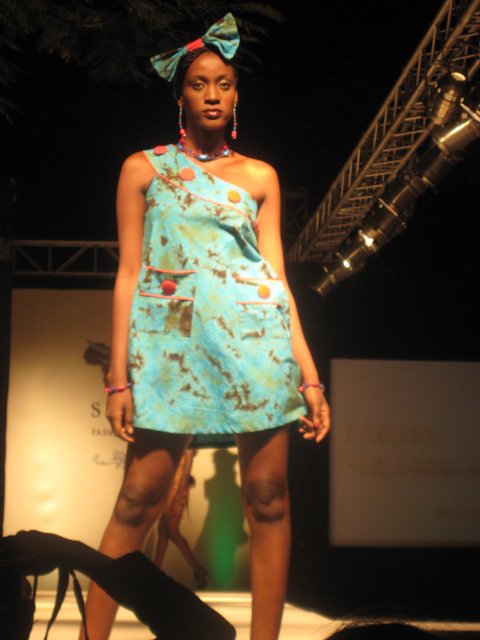
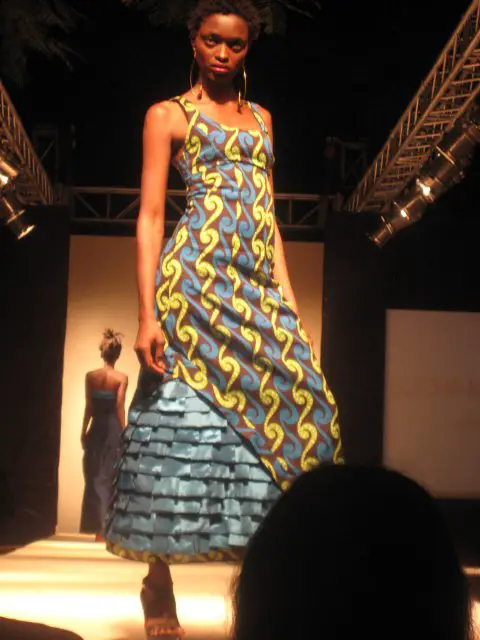
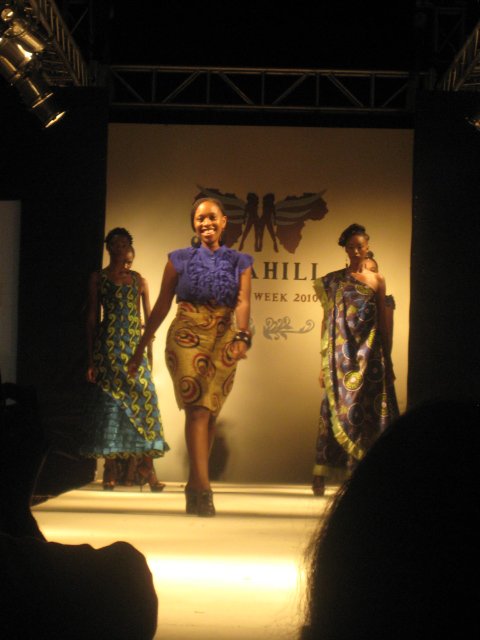
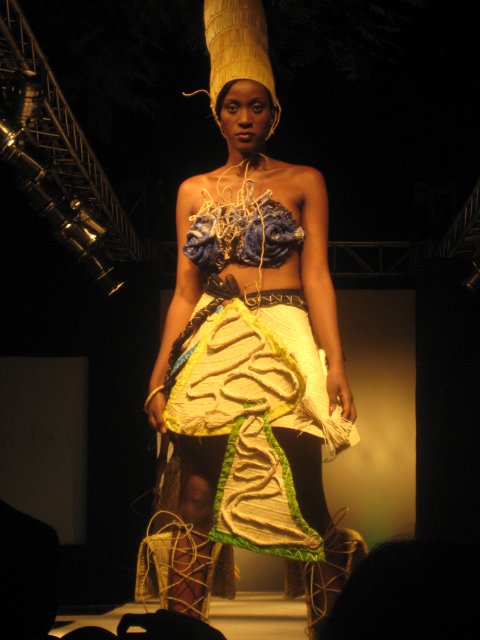
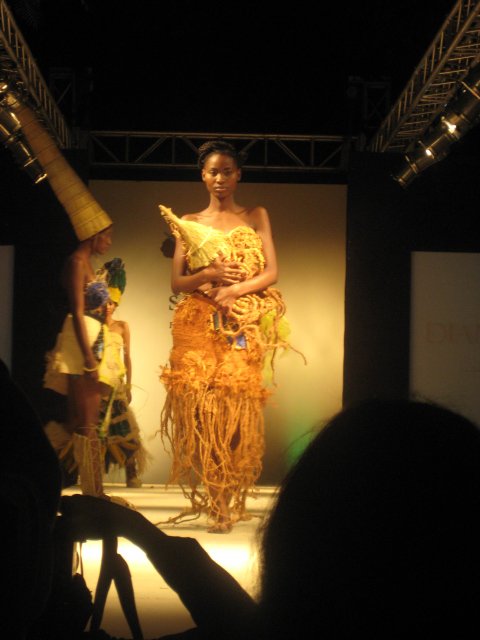
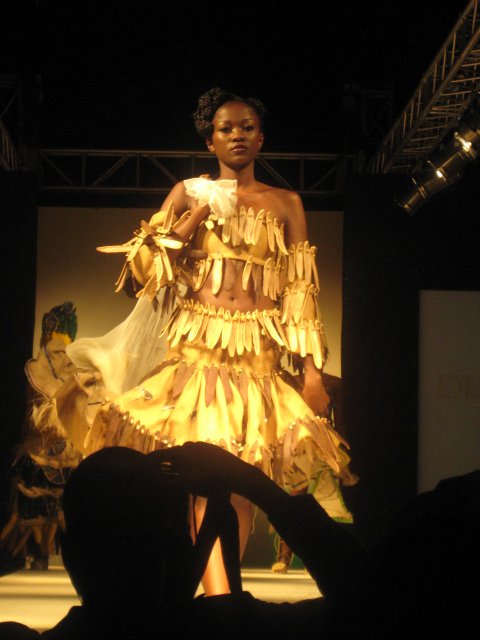
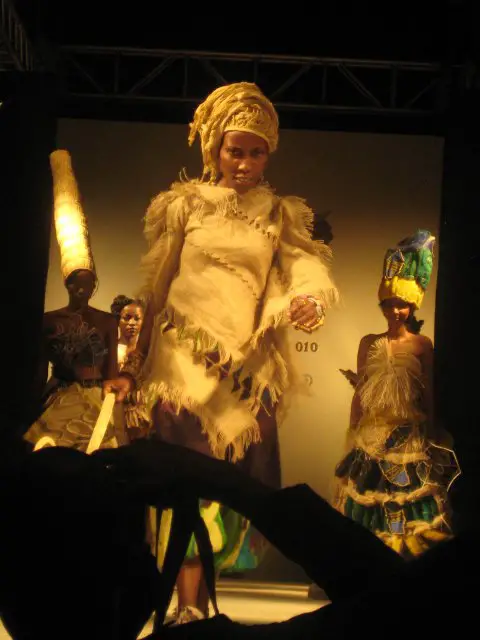
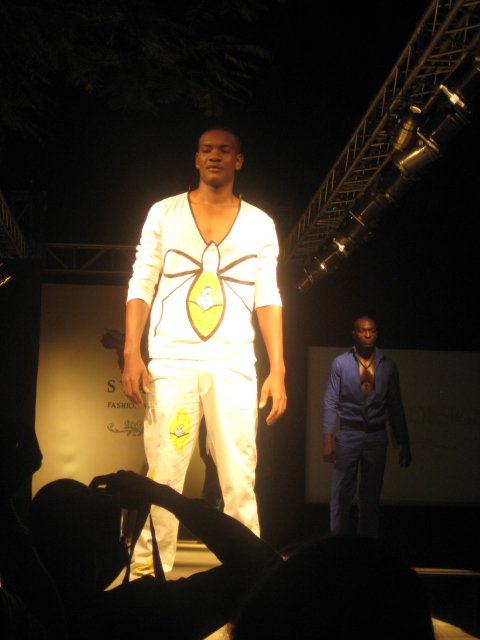
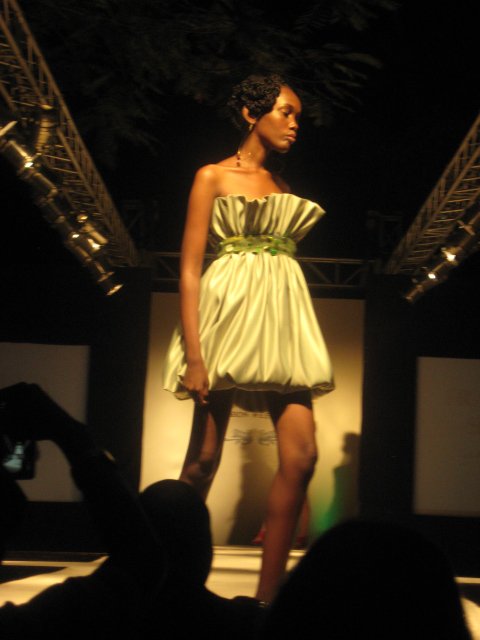

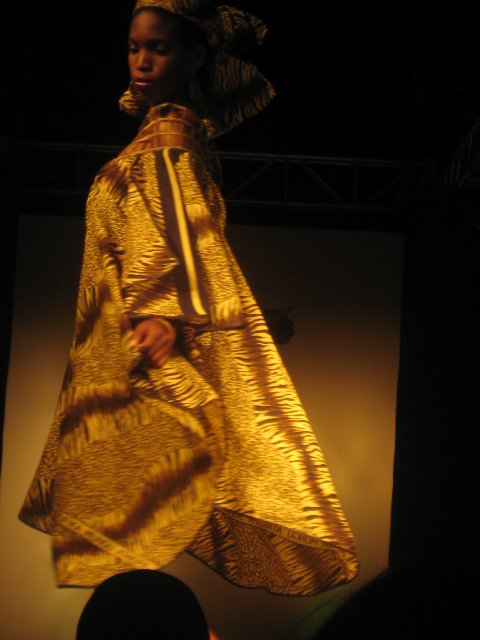
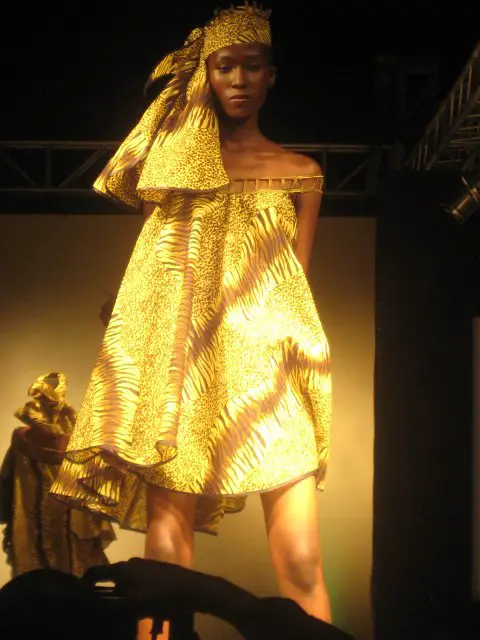

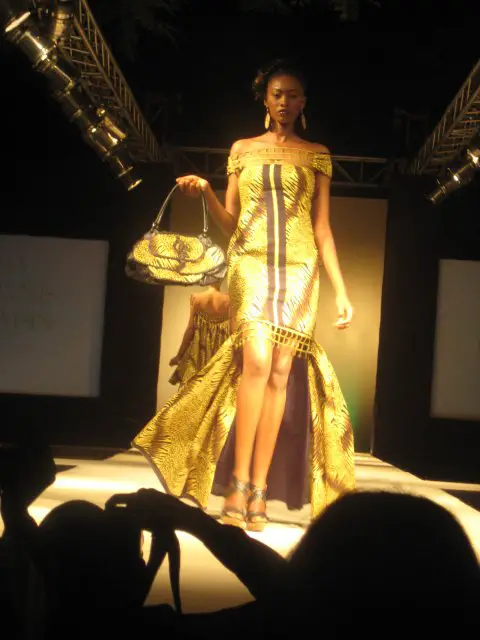
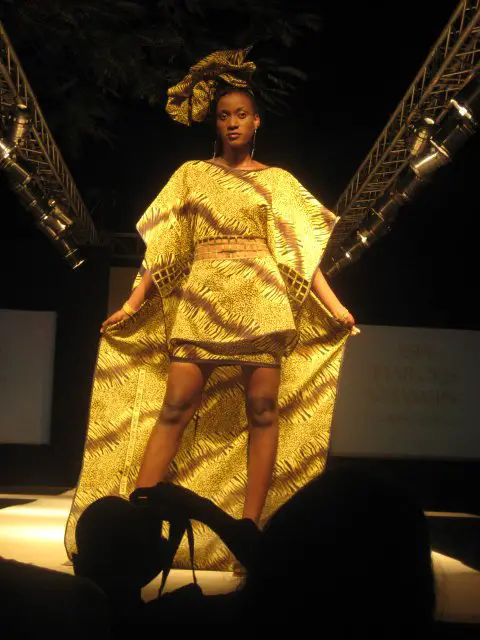

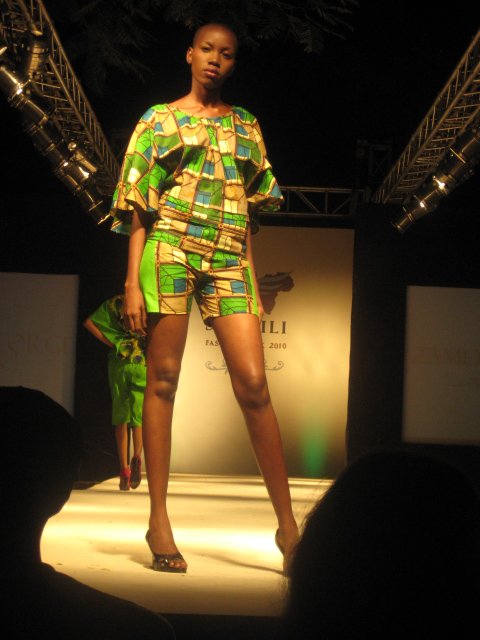
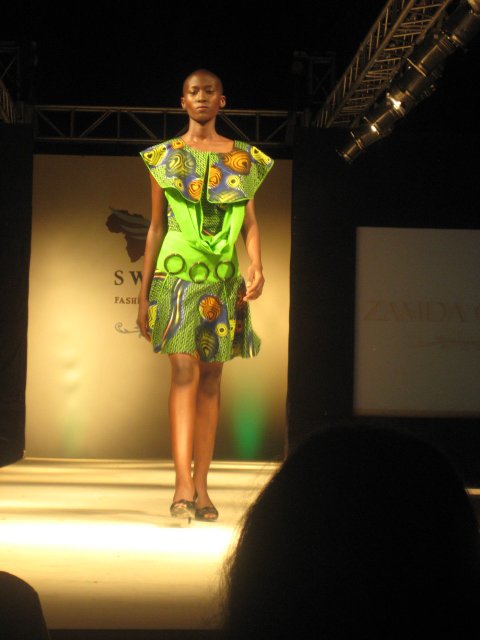
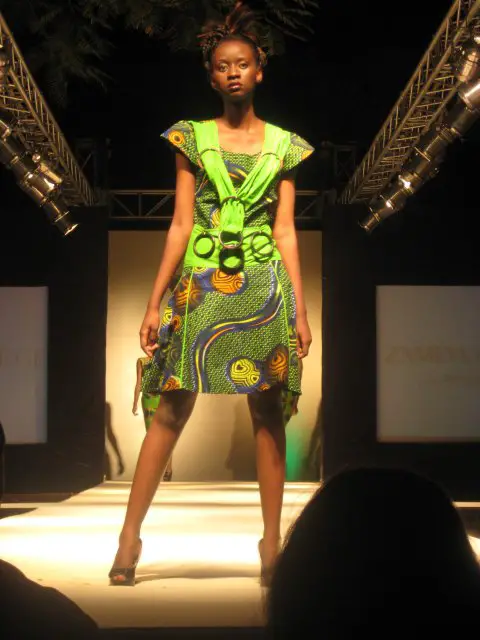
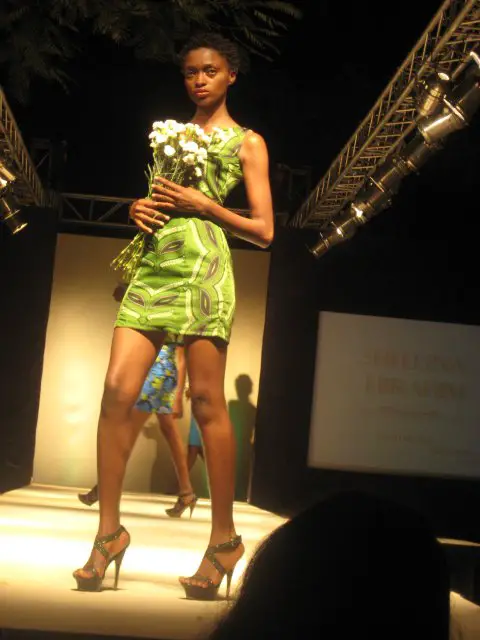
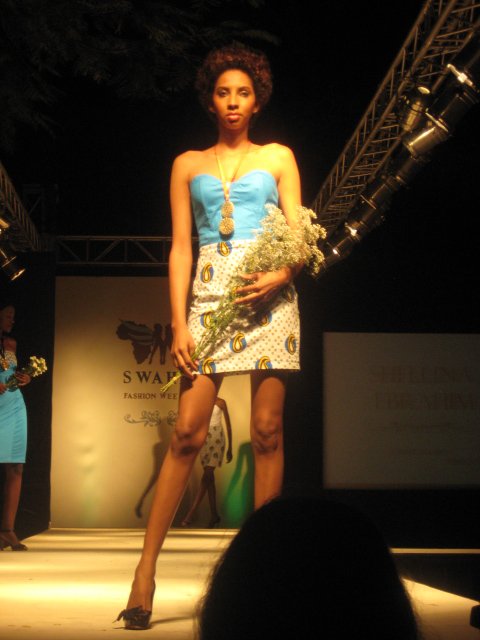
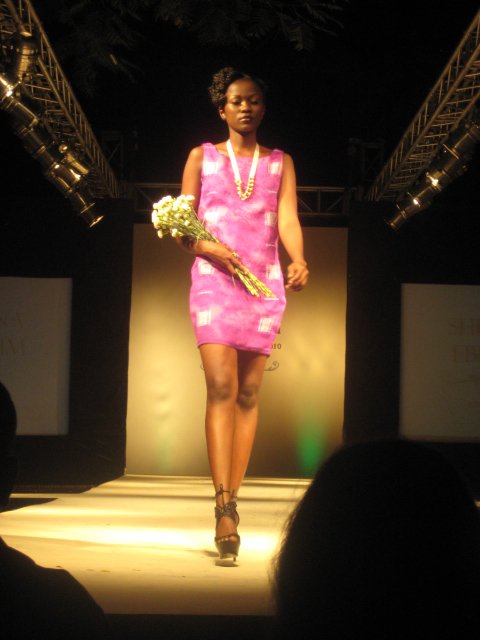

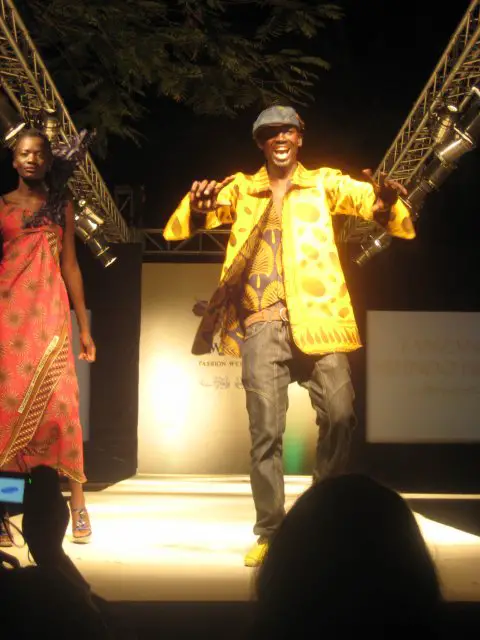
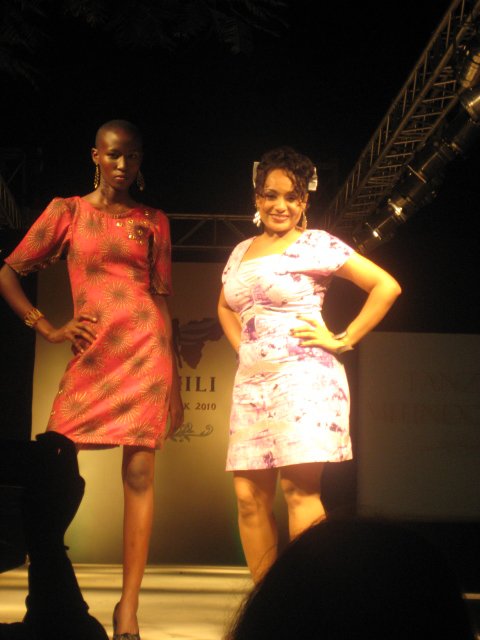

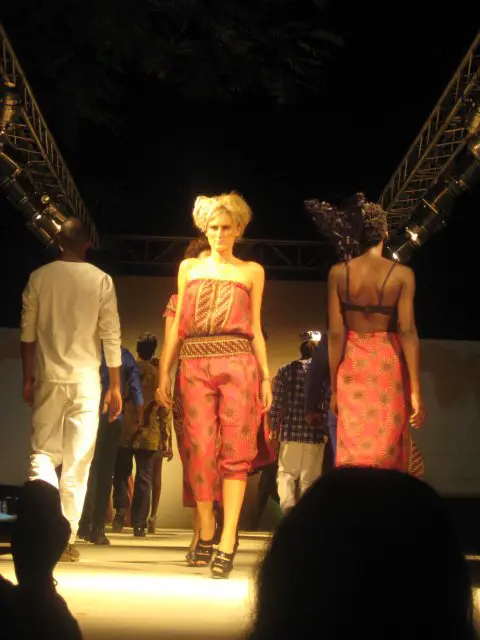
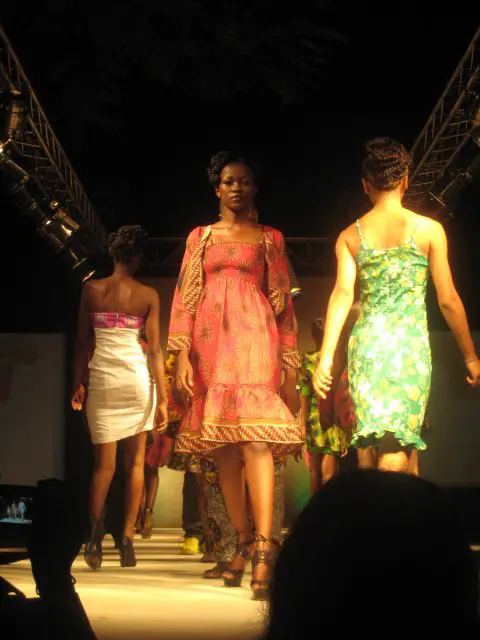
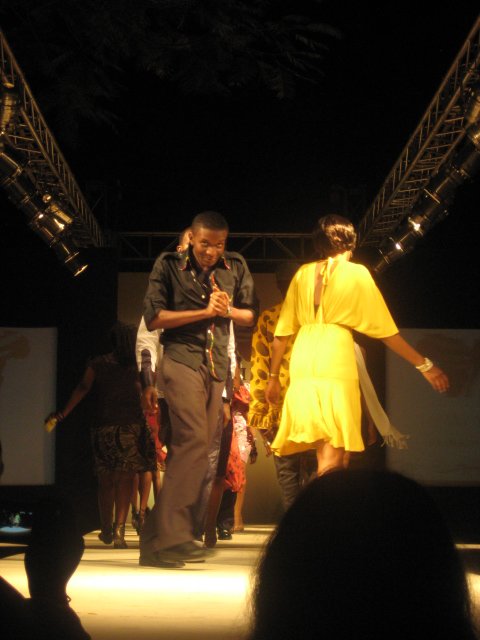
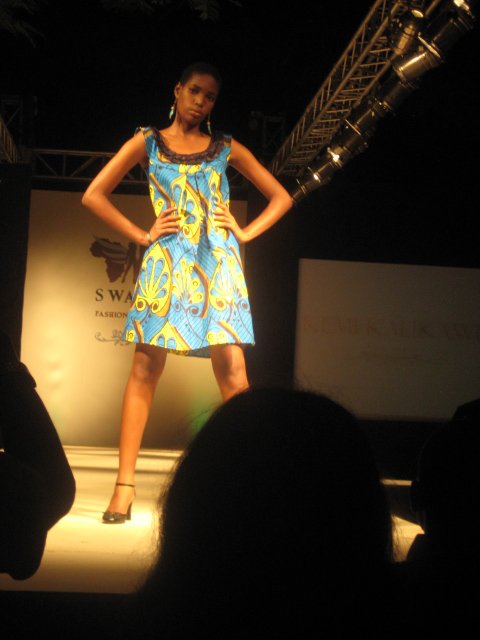
READ ALSO: Thriving and Surviving After Divorce
Unique in Swahili
The Swahili word for unique is kipekee.
Since kipekee is an adjective, it might have to be altered a bit depending on what it is describing. Generally, though, if you would like to say ‘a unique thing’ in Swahili, you simply say kitu cha kipekee.
George Farha Cafe
George Farha Cafe is a University College London (UCL) Students’ Union café.
It opens from Monday to Friday, 8 a.m to 6 p.m., and serves everyone not just those affiliated to UCL.
Note that George Farha Café does not open on weekends.
Photo Credits: Maison Udjuwa, U-Modo, Yoair Blog, Fumba Town Zanzibar, RobinBatista.com